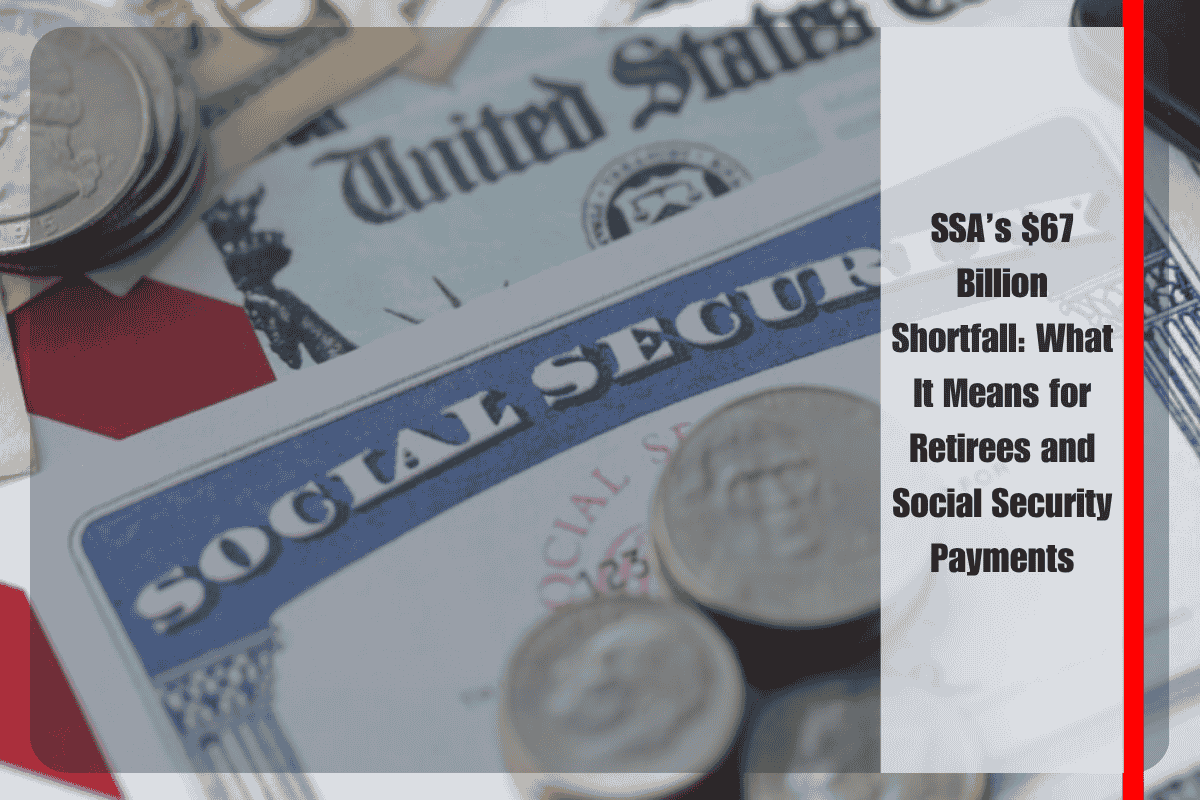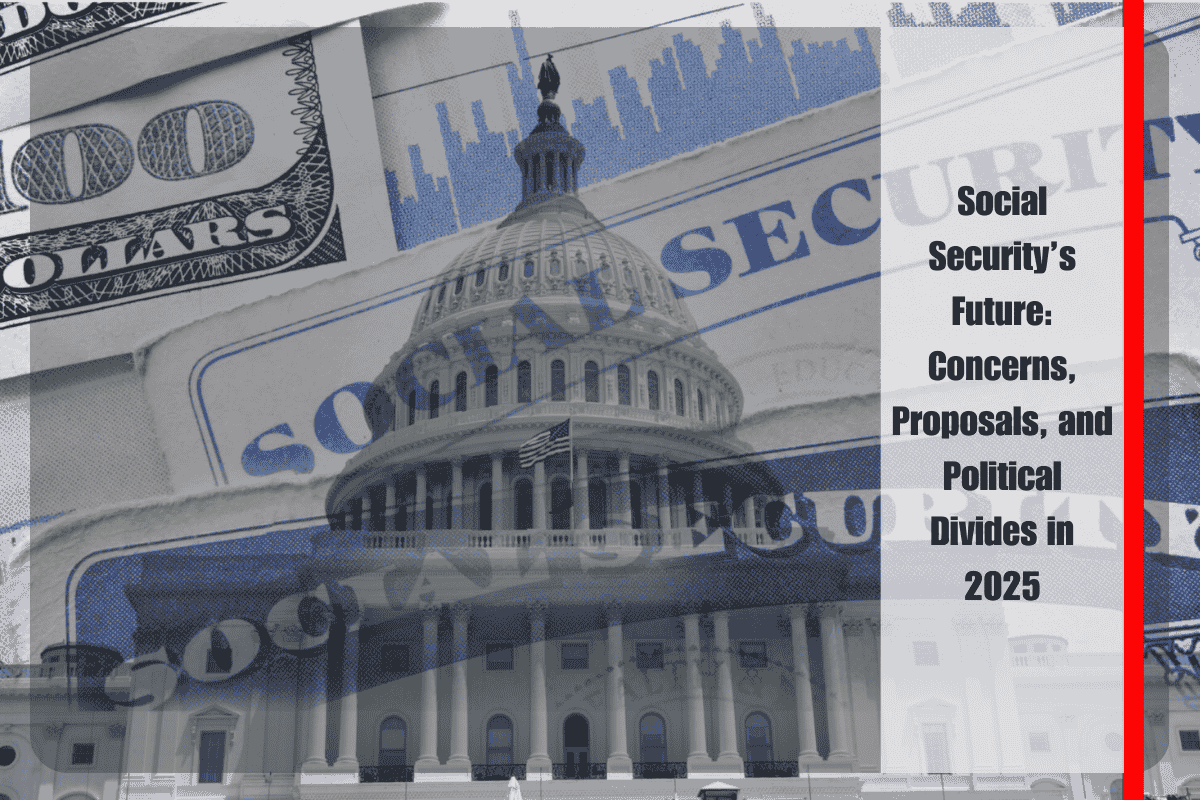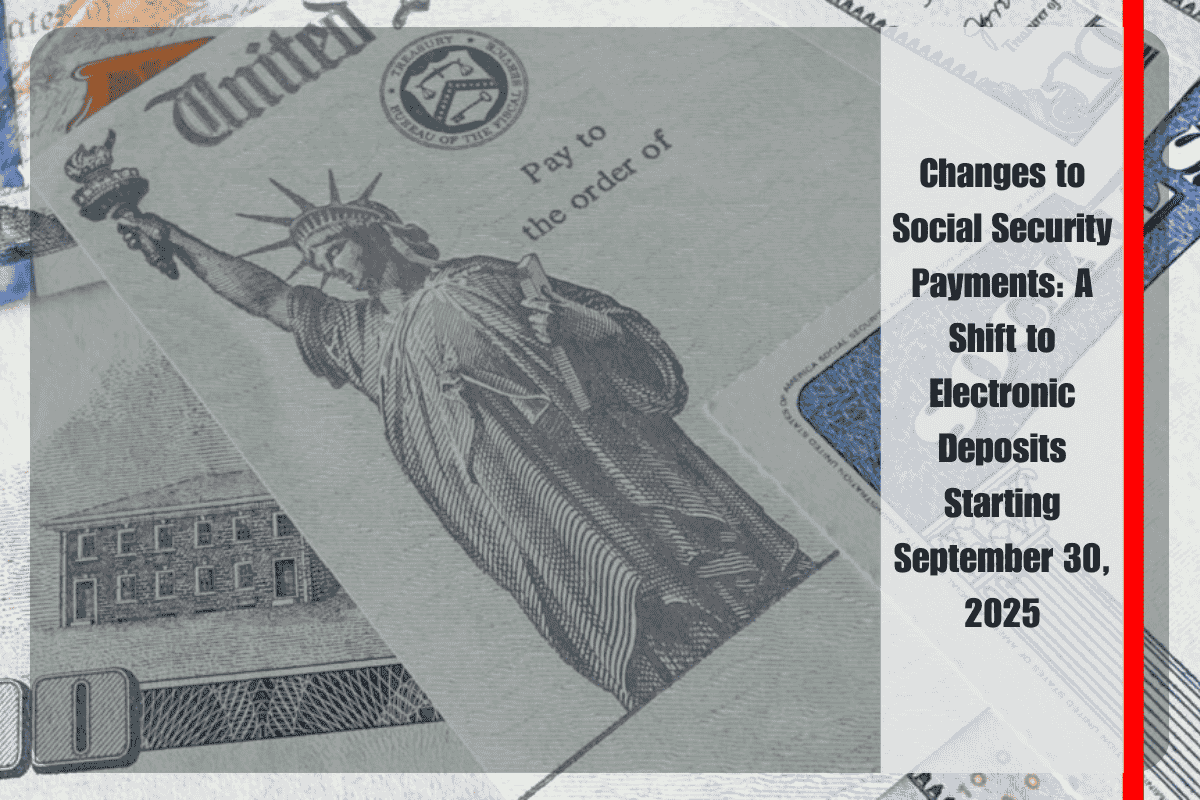The Social Security Administration (SSA) has confirmed a massive $67 billion shortfall, leaving retirees worried about the future of their benefits. This shocking deficit has sparked a series of strict measures aimed at curbing the chaos surrounding beneficiary payments. While these changes were expected, the reality of the situation is now hitting home, and many are already feeling the impact.
What’s Behind the Shortfall and the New Measures?
The SSA has been facing significant financial difficulties, and to tackle this, the Department of Government Efficiency (DOGE), previously led by Elon Musk, has started enforcing measures to cut unnecessary expenses. One of these measures includes targeting overpayments, a problem that has plagued the SSA for years.
Overpayment system refers to situations where the SSA mistakenly sends more money than a beneficiary is entitled to. This can happen due to outdated beneficiary information or other system failures. Between 2015 and 2022, the SSA made an astounding $72 billion disappear due to such errors.
How Overpayments Are Being Handled Now
Previously, when the SSA identified an overpayment, they would notify the beneficiary and allow them 90 days to return the excess amount. This system, which was in place during the Biden administration, allowed for gradual recovery of 10% of the overpaid amount. This meant that retirees wouldn’t experience a drastic hit to their finances, making the situation more manageable.
However, the new approach proposed under Musk’s leadership called for 100% of the overpayment to be recovered from the very first payment. This policy was heavily criticized, as it left beneficiaries without any income for months until the debt was fully repaid.
After public backlash, a compromise was reached: the recovery rate would be set at 50% from the first payment. This is seen as a “middle ground,” though still a significant burden for many retirees.
The Real-World Impact: What’s Coming in July 2025?
By the end of July 2025, many beneficiaries who have been notified about overpayments and have not responded may begin to receive checks with 50% less than usual. This change can be a serious blow, especially for those living on fixed incomes. Retirees, who often depend entirely on their monthly Social Security check, will feel the strain as their income is halved.
While this measure is aimed at saving the government some money, it can be devastating for beneficiaries who have little room to absorb such a significant cut.
Who Will Be Affected?
Directly, this change will impact retirees and others on fixed incomes, including people living paycheck to paycheck. These individuals rely on their Social Security check for basic survival each month, and a 50% reduction could seriously impact their quality of life. While it’s certainly better than a complete loss of benefits, it still means many people will struggle to cover their daily expenses.
Will This Solve the Social Security Deficit?
The government estimates that this new approach will save about $7 billion over the next 10 years. However, when compared to the $67 billion shortfall, this savings is nearly negligible, representing just 0.2% of the total deficit. This means that while the measure may help recover some funds, it’s far from a solution to the much bigger financial problem. The $67 billion shortfall remains, and structural reforms are urgently needed to ensure the future of Social Security.
What Can Affected Individuals Do?
While the SSA is tightening its belt, there are still things retirees can do to protect their financial future. One of the key ways to maximize Social Security benefits is to delay your application until after full retirement age, which could increase your yearly benefits by up to $23,760. Additionally, there are various little-known rules that could allow some individuals to receive more money.
The key to navigating these changes is staying informed and seeking advice. Many retirees lose money simply because they aren’t aware of the best strategies for claiming benefits. Using SSA’s online tools or consulting with an advisor can help ensure that individuals are receiving the maximum benefits they’re entitled to.
Is It Fair to Punish Beneficiaries for SSA’s Mistakes?
While it makes sense for the government to recover overpayments, many wonder if it’s fair to punish beneficiaries who are not responsible for the overpayments. The situation seems particularly harsh for retirees who rely on their Social Security checks and may not have the means to handle sudden reductions in their income.
The $67 billion Social Security shortfall is a pressing issue, and the new measures introduced by the SSA are an attempt to tackle the deficit. However, these measures—particularly the 50% cut to overpaid benefits—are creating real hardships for retirees who depend on their payments to survive. While the changes may help recover some funds, they are far from enough to solve the long-term financial crisis facing the Social Security system. Deeper reforms are necessary to ensure that retirees don’t bear the brunt of the deficit.












